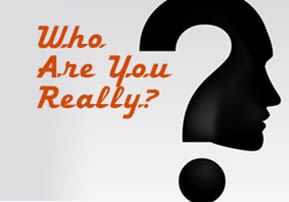
Who Are You, Really?
After my family made teshuva, the outside changed a lot. But the inside? Not so much. No-one really talked to me about working on negative character traits...

My family made teshuva when I was 16, and we all went with it. Within six short months, out went the Xmas tree (!) and the McDonalds, and in came the black hats and Shabbat.
I started going to synagogue every week, and I actually really liked it. I'm a big reader, and I also liked the profundity and depth of thought in the Jewish books I was reading. Also, a couple of the people in the synagogue really took me under their wing and encouraged me, and I owe those people so much for making Yiddishkeit look warm, caring and appealing to me.
We still had a TV; we still watched movies; we still read secular books; and after a very big, ongoing fight with my parents, I still wore my jeans. So the outside appearance of my family, and what we did on a Saturday, and what we ate changed a lot. But the inside? Not so much. No-one really talked to me about working on 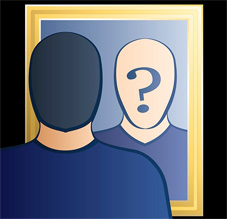 negative character traits, or anything internal, like that.
negative character traits, or anything internal, like that.
That's to be expected. Real change takes an awful long time, and it's much, much easier to buy a Borsalino than it is to stop yelling at people.
My husband also came from a 'traditional' but otherwise wholly secular background.
When we got married, my husband embraced Judaism wholeheartedly, and started keeping Shabbat, and the other 'big' mitzvoth to the best of his ability. In a big city like London, it was nice to have a community, a pool of people you could befriend, invite and hang out with, a niche where you could be an individual, and not just one of the 10 million faceless people who also live in London.
We went to the movies together Saturday night… we went for coffee and brunch together Sunday morning… we attended each other's events and Shabbat meals. Heaven.
Then we moved to Israel, to a community with lots of Anglo immigrants, and we tried to continue the version of Judaism we liked so much in London: lots of friends and socialising on Shabbat, combined with movies, jeans and secular culture.
For a lot of reasons, it didn't quite seem to work for us. When we ran out of money, then it really stopped working, as there was no space in our community's 'Jewish paradigm' for people who were so spectacularly hitting the floor.
That's when we started getting into Breslev, which worked on so many levels, so profoundly, but which required us to get rid of the movies, books, jeans and aspirations that had moulded me all my life, until the age of 32.
When we first got religious albeit at different times and stages of our lives, me and my husband both lost our fundamental connection to our childhoods. For example, up to the age of 16, all my old friends were non-Jews. I tried staying in touch as a newly-religious Jew, but we had nothing much in common anymore. Strike one.
Strike two happened when we moved to Israel, I lost all the observant friends we'd spent a decade acquiring (a few hung on for a few years, kind of, but again, once we moved, we didn't really have much in common.)
Strike three happened after I got into Breslev, where I lost any chance of fitting in with the other 'normal' anglos in Israel – and I also lost a big part of myself. When I finally conformed to G-d's will, and chucked out my secular novels and my newspapers and my movies and my Queen albums, I lost the anchor that had been grounding me throughout all my other moves and transformations.
It was – is – incredibly lonely.
Recently, my husband gave me a book to read called 'The Lost Self' by Rabbi Dan Tiomkin. It's a great book, and recommended reading for everyone who's made teshuva in any sense of the word. The book was explaining how 'us', our inner dimensions, are formed in our childhood, and how important it is to bring that part of us into our lives as Torah-observant Jews, and not to just cut it off and forget about it.
Of course, that doesn't mean that we eat non-kosher food, or break Torah commandments. But it does mean that we stop pretending that we're Chassidic Rebbes, who'd be happy buying one pair of shoes every 20 years.
That book revived my soul, because I have been feeling guilt and self-loathing for years that I'm so 'materialistic'; that I need a nice house; that making a nice kugel was not the pinnacle of self-expression for me.
I cut off my old self, that liked to do, and liked to find out about how things worked, and who liked 'stuff' – and it truly almost killed me. I lost a lot of joy. I lost my spark, I lost my will to eat, to act, to live. I was turning into a joyless 'religious' person, who did a lot of mitzvoth but kept yearning for happier times, when I had some purpose, some money, and some friends, however shallow and superficial it may have been.
But now, it's coming back.
Even before that book, G-d was shaking me up in a big way with my move to Jerusalem, and all the questions it's raised about who I really am, and where I really belong.
I can tell you two things for sure: I want to serve G-d, and I want to make Him happy. I also want to serve G-d as me, and serve Him happily. I don't know exactly how the two things go together, but I'm going to find out.
* * *
You're welcome to visit Rivka Levy's personal website at http://www.emunaroma.com


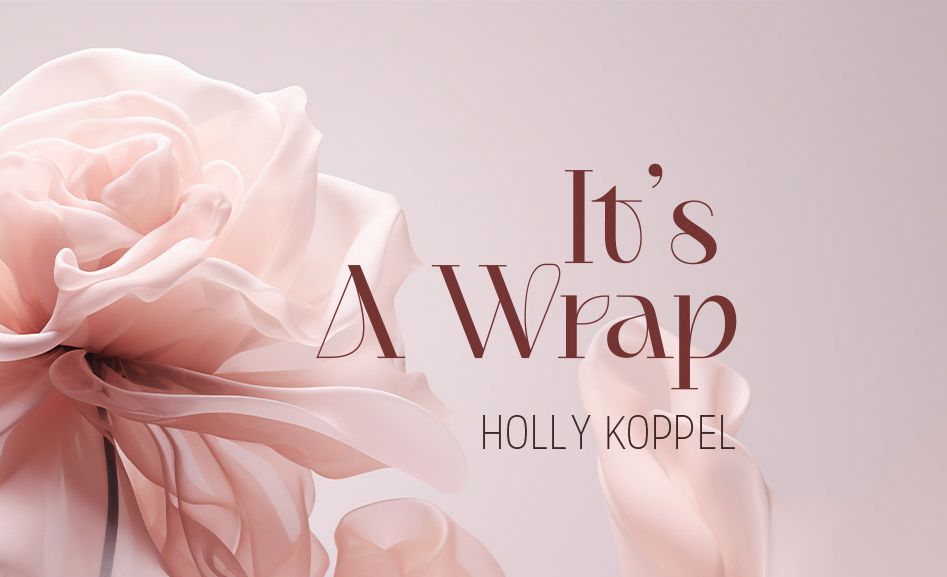
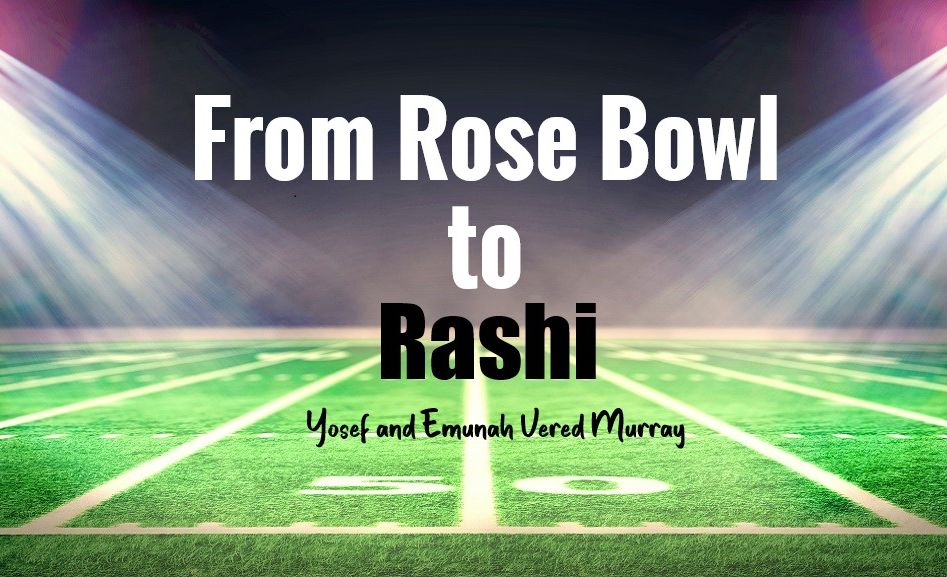
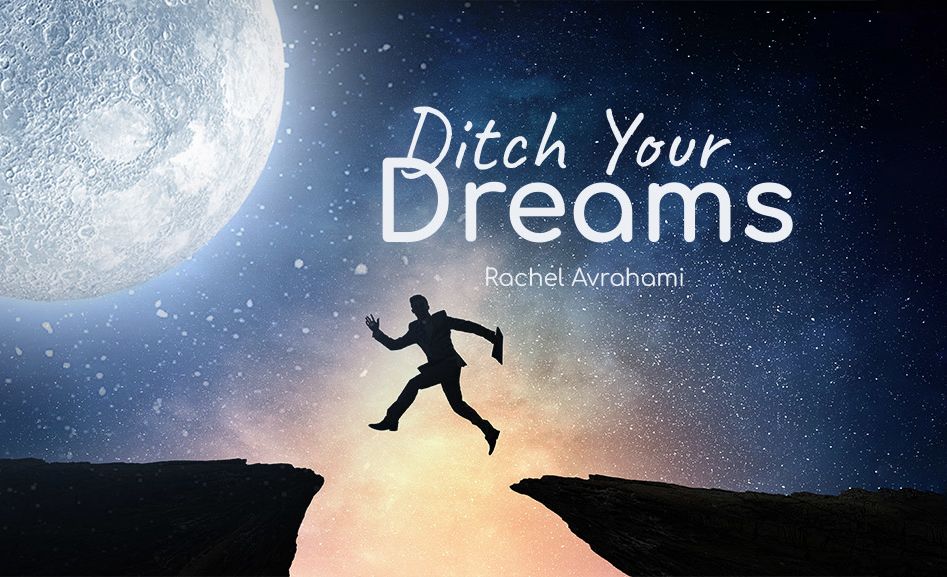
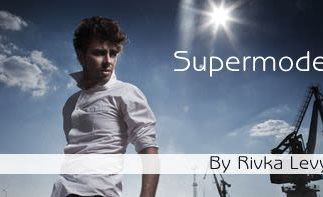
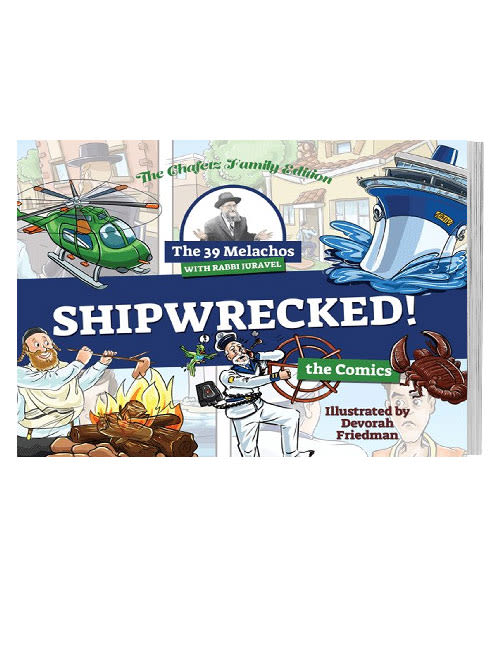

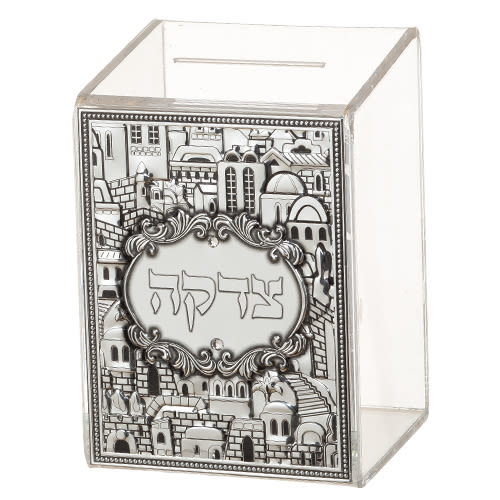
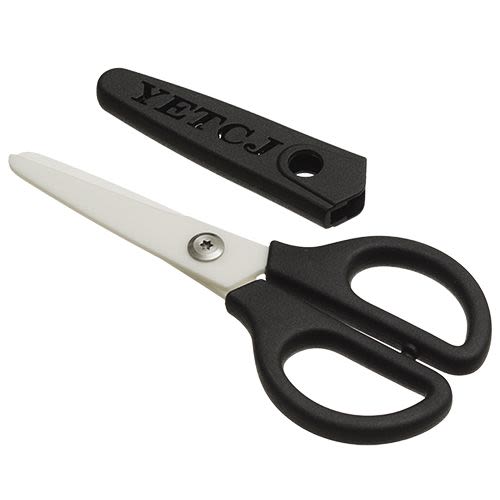
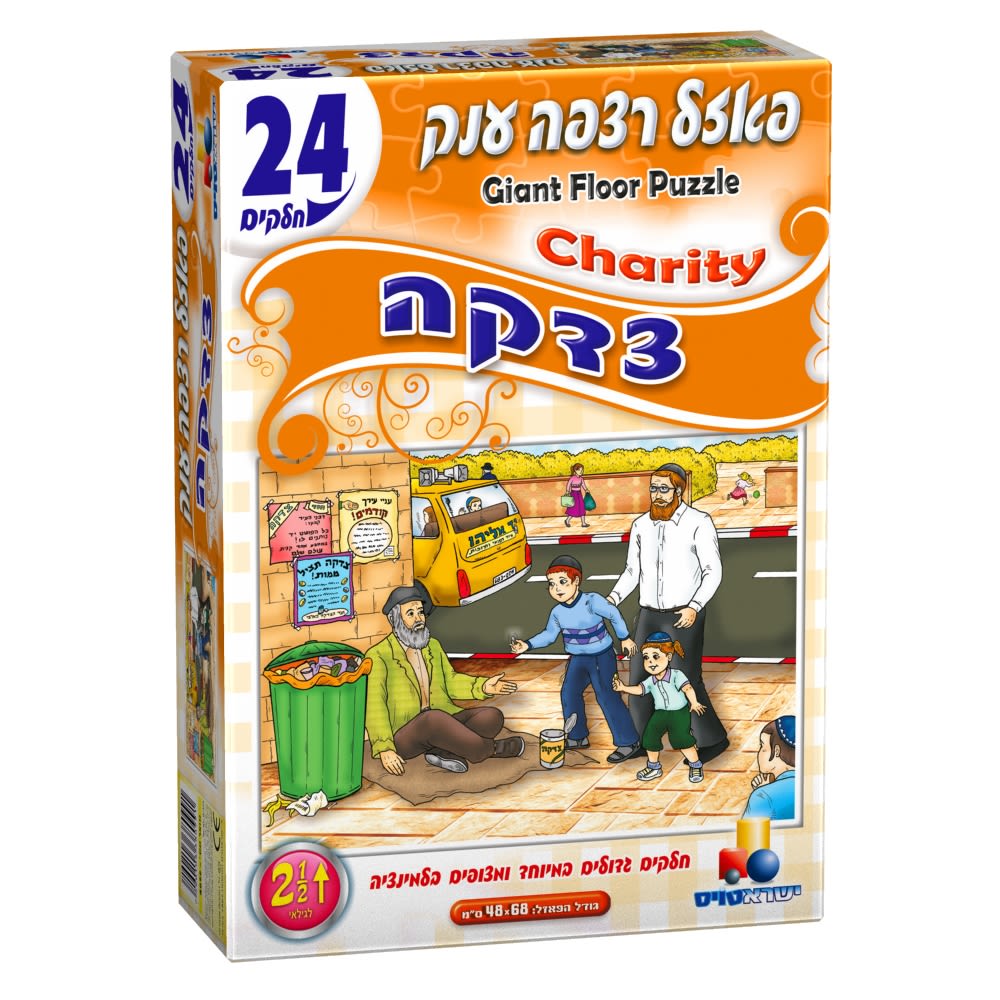

10/27/2014
Agree with #1 Lori. Rivka, it is so weird and reassuring that when I read your articles, I often feel like a part of my own mind jumped onto the page and expressed itself. Your stuff seems to resonate with quite a few of us…. I guess there is something going on, in that many of seem to be going through the same processes.
10/27/2014
Rivka, it is so weird and reassuring that when I read your articles, I often feel like a part of my own mind jumped onto the page and expressed itself. Your stuff seems to resonate with quite a few of us…. I guess there is something going on, in that many of seem to be going through the same processes.
10/27/2014
Another beautifully honest piece. Thank You!